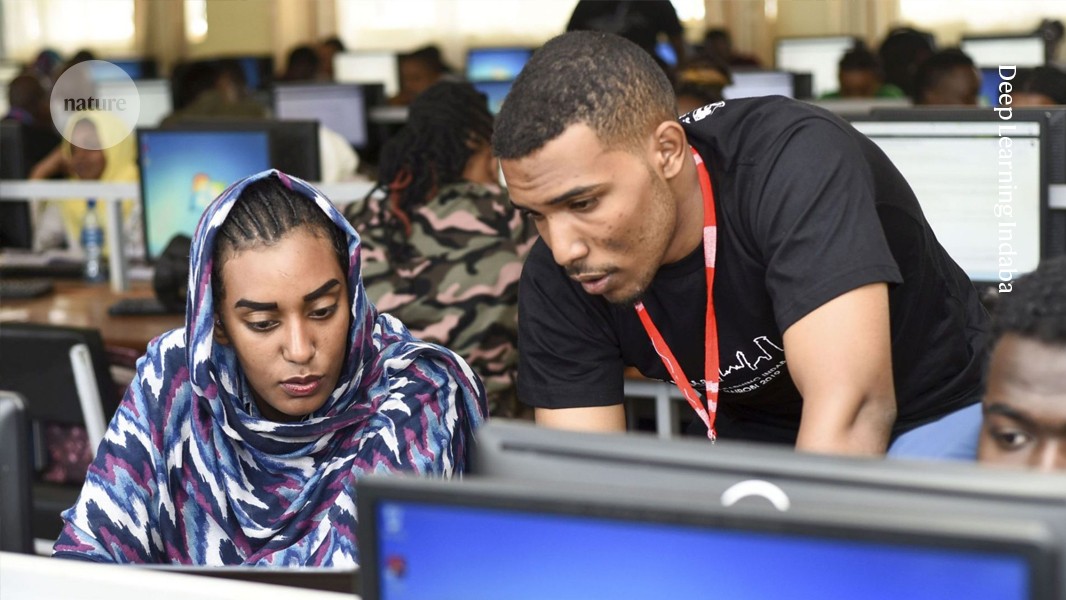The Promise and Pitfalls of AI in Scientific Research
Artificial intelligence (AI) presents a remarkable opportunity for scientific progress but also introduces ethical concerns that must be carefully navigated. AI systems have the potential to revolutionize research by analyzing vast data sets, detecting patterns, optimizing resource use, and generating hypotheses to tackle global challenges such as climate change, food security, and diseases. However, the use of AI raises critical questions related to fairness, bias, transparency, accountability, and privacy that must be addressed to ensure responsible use.
Harnessing AI for Good while Upholding Ethical Standards
Dr. Ross King, a computer scientist at the University of Cambridge and Chalmers Institute of Technology, has been a pioneer in leveraging AI to streamline scientific research. His work with robot scientists like Adam and Eve has demonstrated the capabilities of AI in automating tasks and driving significant discoveries. Dr. King emphasizes the importance of using AI for societal good while maintaining high ethical standards to prevent potential misuse or unintended consequences.
Understanding the Limitations of AI Tools
Dr. Suresh Venkatasubramanian, a computer scientist at Brown University, focuses on algorithmic fairness to ensure that AI systems make decisions without unjust biases. His work on the AI Bill of Rights outlines core principles to safeguard data privacy, prevent discrimination, and uphold civil rights in AI applications. Dr. Venkatasubramanian stresses the importance of understanding the limitations of AI tools and providing clear guidance to practitioners to enhance responsible use of AI in research.
Effective Data Representation for Ethical AI Development
Nyalleng Moorosi, a computer scientist at the Distributed AI Research Institute, highlights the significance of representative data in developing AI systems. She emphasizes the need for inclusive data sets that accurately reflect diverse populations to avoid perpetuating biases or disparities. Moorosi advocates for local researchers and developers in Africa to lead AI initiatives to ensure that technologies are tailored to community needs and values.
Preventing AI-Driven Colonization in Africa
Seydina Ndiaye, a programme director in Senegal, raises concerns about the potential exploitation of Africa’s resources and talents in the global AI economy. He warns against the risk of AI-driven colonization, where African countries may be marginalized or exploited for their data and workforce. Ndiaye calls for African policymakers to prioritize AI development and for international partners to collaborate with African researchers to drive innovation and ensure equitable participation in AI advancements.
Conclusion
As an Artificial Intelligence journalist, it is evident that the transformative potential of AI in scientific research must be accompanied by a strong commitment to ethical principles, fairness, and inclusivity. By acknowledging the limitations of AI tools, promoting diverse data representation, and preventing colonization in AI development, researchers and policymakers can ensure that AI benefits humanity as a whole while upholding ethical standards and safeguarding against potential risks inherent in AI technologies.
IntelliPrompt curated this article: Read the full story at the original source by clicking here




